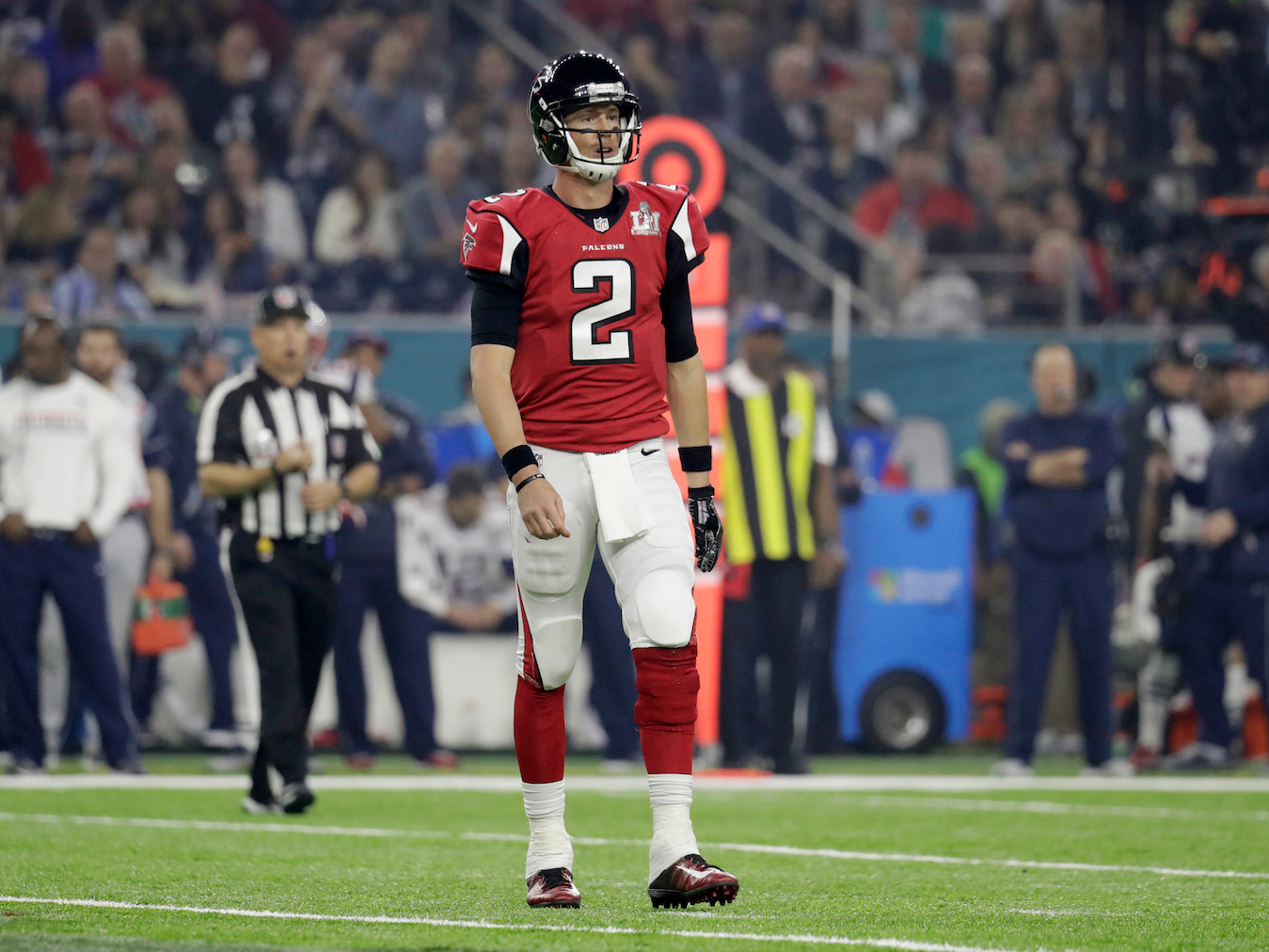The New England Patriots pulled off the greatest comeback in NFL history in winning Super Bowl 51.
After trailing 28-3 in the third quarter, the Patriots stormed back, making it to overtime after tying the game at 28-28 in the final minute of regulation.
But the NFL’s overtime rules have long been a gripe with fans. The rules say that if the team that gets the ball on the opening drive scores a touchdown, it’s game over; if it kicks a field goal, the other team gets a chance to tie or win it.
Perhaps the Atlanta Falcons did not deserve a chance after blowing such a massive lead, particularly with some baffling late-game play-calling on offense. Nonetheless, to see a Super Bowl end without giving the opponent – the better team for 45 minutes – another chance is disappointing.
Sure enough, on the opening drive of overtime, the Patriots marched down the field, cutting up an exhausted Falcons defense. Eventually, a handoff to running back James White got them in the end zone to win the game.
It's not a knock on the Patriots and their stunning comeback to call the finish disappointing. To not give the opponents, armed with the league's MVP - quarterback Matt Ryan - a shot to tie the score in the biggest game of the year feels ill-conceived.
During last season's playoffs, ESPN's Scott Van Pelt argued for a rule change, saying that even after an opening-drive touchdown the opponent should get a shot to tie the game. In last year's playoffs, it was Packers quarterback Aaron Rodgers who did not get a shot at redemption after the Arizona Cardinals scored the winning touchdown in overtime. This year, it's Ryan.
It seems unlikely the NFL will address the rule, especially since it helped cap off a historic, breathless comeback by the Patriots. The potential for further drama remains, however, with just a slight tweak of the rules.

